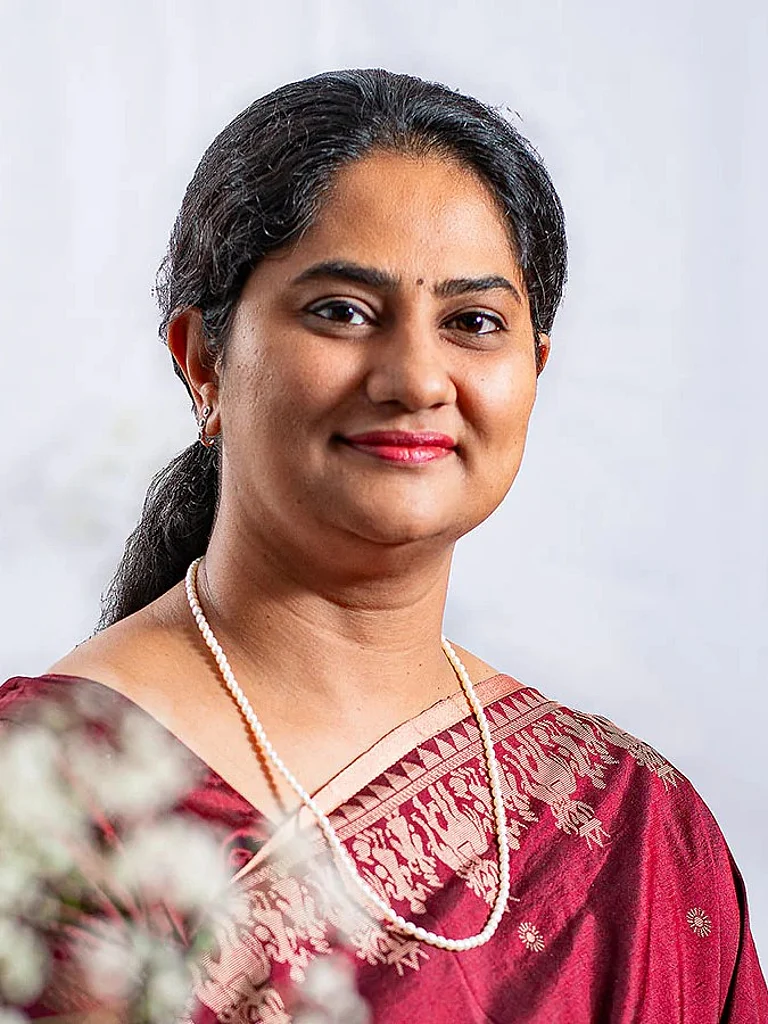Artificial Intelligence, the disruptive tech force reshaping industries and daily life, will create far more opportunities than it eliminates, Deloitte South Asia CEO Romal Shetty said emphasising that critical thinking and ethical oversight must stay central as society adapts to this new era.
Weighing in on the ongoing debate over whether or not AI may cause a lowering of human cognitive abilities overtime, Shetty told PTI in an interview that developing independent and critical thinking is crucial when it comes to young minds. That said, at more advanced stages, AI can serve as an extremely helpful and a must-have tool, aiding, not replacing, human ingenuity.
His comments assume significance against the backdrop of a new study from researchers at MIT’s Media Lab on impact of GenAI on critical thinking abilities. It revealed that although AI tools can improve efficiency, in the study those who relied excessively on GenAI, overtime remembered less.
To a question on impact of AI on jobs, Shetty drew parallels with past revolutions, to say that while certain types of jobs may disappear, history shows that new roles and business models will inevitably emerge.
Highlighting the rise of innovations such as drone deliveries to generative AI architects, Shetty cited a recent study that projected that for every one job lost, nearly two new jobs are expected to be created, a pattern he said confirms to trends even in the past tech revolutions.
"AI is probably the most disruptive thing that has happened in our lifetime...in this decade at least it is the biggest disruption. And it is both. It can disrupt but it can also create many more things," Shetty said.
Over the past 100 to 200 years, whether during the Industrial Revolution or other major transformations, unemployment did not rise significantly, in fact, it generally declined.
"Newer jobs will get created compared to the past. The old specific jobs could probably go out but newer jobs will be created," he stressed.
Citing real-world examples of AI’s transformative impact, he said while the food delivery platforms, or other apps deliver items in a conventional way today, drones could soon handle such tasks at scale. Managing such complexities would demand advanced air traffic control systems powered by AI, he said highlighting how new technologies will create entirely new job categories and roles that didn’t exist before.
Drone are also beginning to be used extensively in conflict zones, he noted and added that all of these scenarios are driving requirement for AI-driven air traffic management, with human oversight and controls.
"Even with AI into medicine, you will always have a human in the loop. Newer kinds of business models will come in. Today, you have generative AI architects coming. That job description was just not there at all...digital twins, that was not there. Now, you can create digital twins and see how factories can work, how the simulation works," he said.
Shetty emphasised that a crucial aspect of AI is ensuring it remains explainable. He also underlined the importance of covering ethics, principles, and governance in AI, stating these areas need careful attention.
"A very important part of AI is to ensure that you can always have it explainable. You can always have the ethics covered of it. The principles covered, the governance covered. And that is something that should be looked into. Because it will mimic a lot of human behaviour. And humans have biases. So, those will flow into the AI models. That's why it's very important to keep reviewing, testing, and not necessarily doing it one-off," Shetty said.
Describing AI as a big opportunity and big danger in the same breath, Shetty said the business models will keep evolving creating newer avenues.
He emphasised the need to set certain boundaries on when AI should be introduced in education, as over dependence in early school years could impact critical thinking.
"There is a certain level in schools or colleges where you do your thinking. And therefore, linkage there significantly to AI and generating information on AI is not a good thing because it may stop you from thinking," he said.
Shetty illustrated this with an example of how two groups of students, one using Google search and the other using generative AI were asked to write papers and answer application questions. While the AI group finished faster, the group using traditional search methods demonstrated a deeper understanding of the concepts.
"So, I think there should also be some limitations in terms of when it should be introduced. But beyond a certain level...it's like a calculator or a computer. Why do you need a computer? You can do it by hand. Is that then it just aids you. So, you've got to figure out where to stop and where it starts acting as an aid and doing things. So, human ingenuity will not go," he said.
































